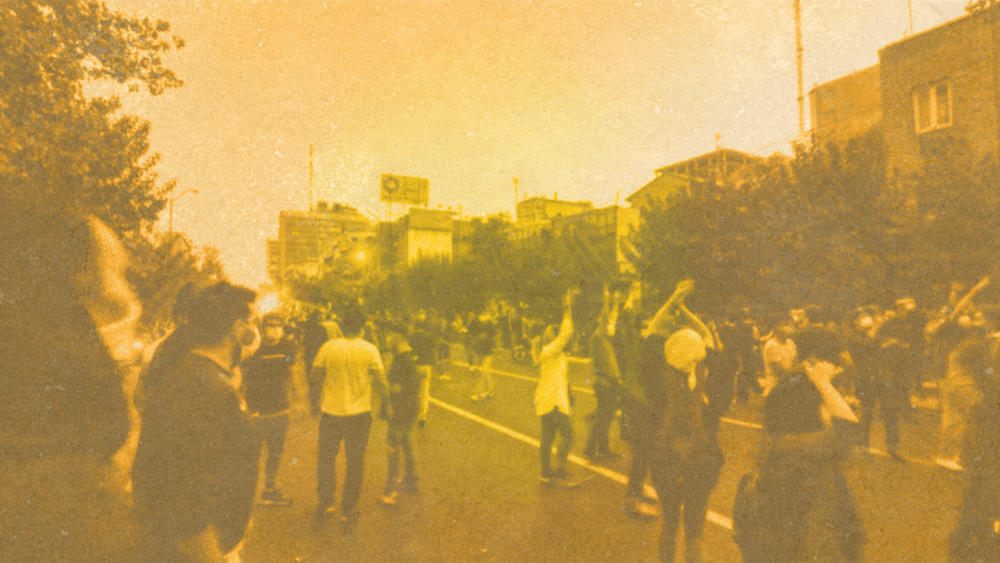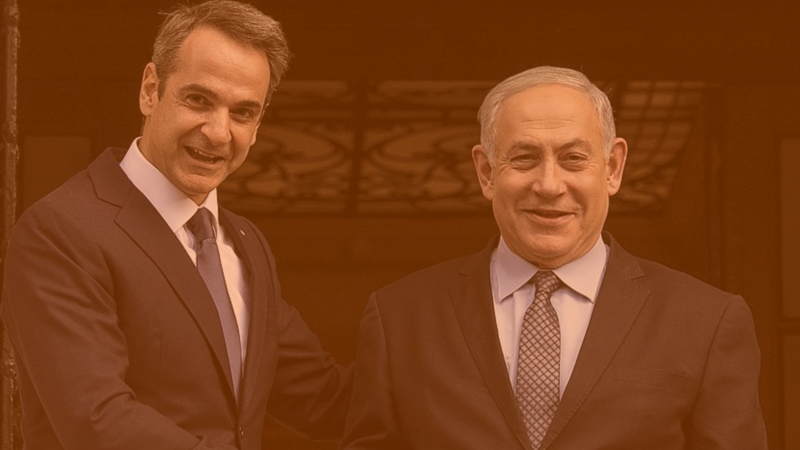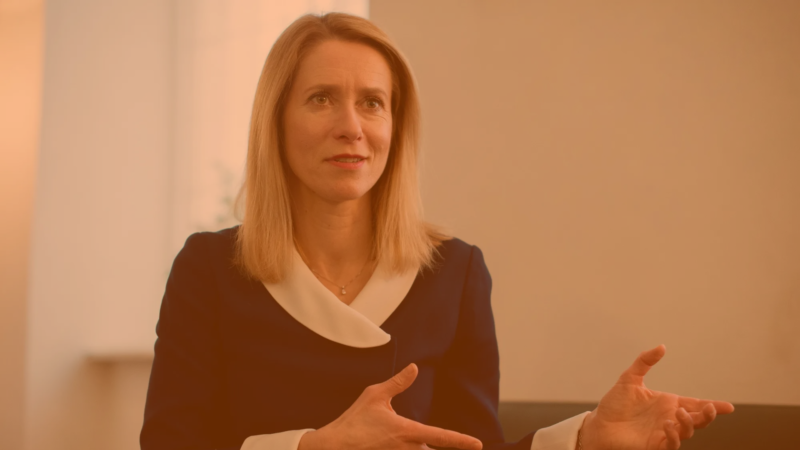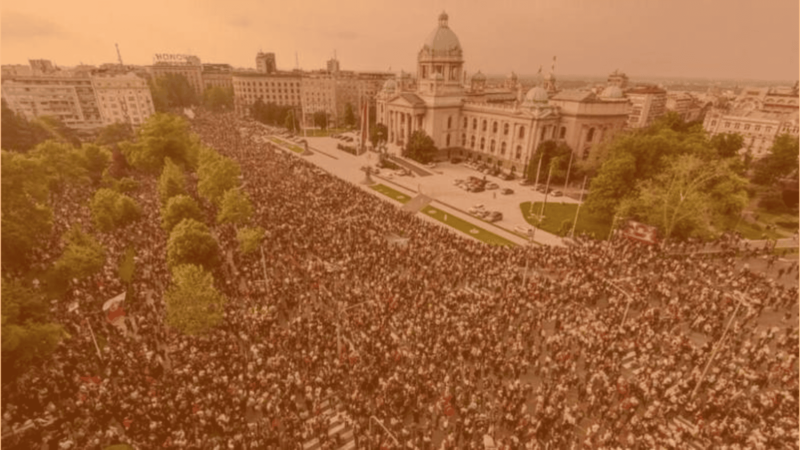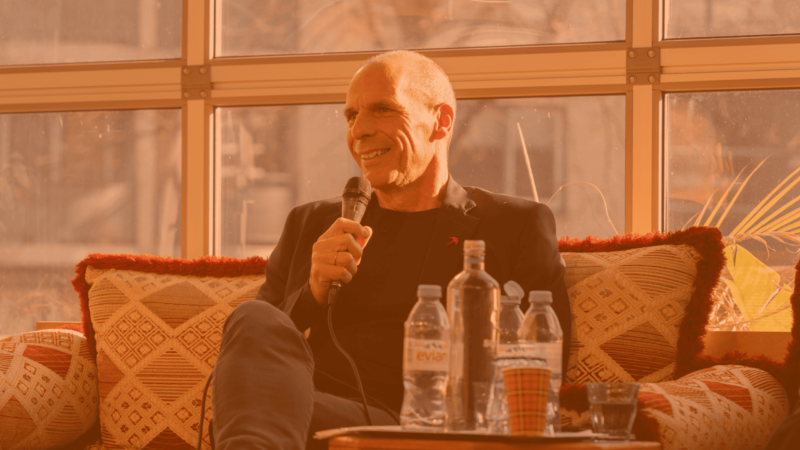Women. Life. Freedom. This chant of Iranians has become ever louder as waves of upheaval stretch across Iran, with protesters becoming increasingly defiant of the system that continues to restrict freedoms enshrined in its own constitution. These protests are a renewal of calls for greater democracy in the Islamic Republic of Iran, representing generations of defiance against those that seek to restrict them.
Just over 100 years ago, Iranians united to usher in a Constitutional Revolution that led to the creation of a Parliament and introduced far more than a semblance of checks and balances against the Qajar dynasty at the time. It sought to replace rule over a nation by decree and whims of Kings with a centralised State based on supremacy of the law and popular representation.
Natural development of newly found freedoms under the Constitutional Monarchy – including abolishing secret agreements between Persia and Imperial Britain – were stunted by the latter backing a coup in 1921. This led to the eventual installation of Reza Khan Pahlavi as the new Shah of Persia in 1925.
The Constitution, Parliament and its nascent democratic mechanisms managed to survive the coup, leading to the election of Mohammad Mosaddegh in 1951 as its 35th Prime Minister. Mosaddegh, who had been involved in the earlier constitutional revolution, nationalised the Anglo-Iranian Oil Company. This became too much to bear for Britain which subsequently, and in close cooperation with the United States, engineered a coup against Mossadegh in 1953.
To stifle any further dissent, the Shah of Iran – Mohammad Reza Pahlavi – sought to create an internal intelligence agency. With active involvement of the United States – including organisational design and training – the Sazeman-e Ettela’at va Amniyat-e Keshvar (SAVAK) was established.
The much hated SAVAK – and the entirety of the Iranian government at the time – however could not prevent, once again, Iranians uniting in their desire for freedom and a life of dignity. Millions of people, across class and ideological lines, increasingly joined hands and, following years of protests and mass strikes, succeeded in overthrowing the Pahlavi Dynasty in 1979.
The chaotic stabilisation of power in post-revolutionary Iran gave rise to Ayatollah Khomeini and his support base taking ultimate control over the new nation. The decision by Saddam Hussein to invade Iran in 1980 accelerated the consolidation of power by the theocracy in the newly found Islamic Republic of Iran.
The eight-year war, in which the West heavily interfered and prolonged – including supply of chemical weapons to Iraq – severely hampered ongoing political developments in Iran. The end of the war in 1988 and subsequent reconstruction could have provided possibilities to further democratic ideals paused by the war.
This however ran counter to the philosophy of Ali Khamenei, who has been the supreme leader of Iran since 1989. Subsequent administrations, specifically the governments of Rafsanjani and Khatami, were unable to radically loosen the political space – and found their attempts at reform stifled by unelected decision makers in the country.
The people however kept up their protests – in 1999 for example, thousands demonstrated throughout the country against the killing of students who had held peaceful protests following yet another newspaper closure. Ten years later, the Iranian Green Movement arose out of countless protests against the reelection of Mahmoud Ahmedinejad – developing into a broad social movement despite continued violent reprisals by Iranian security forces.
The mass discontent with the Iranian system that we are witnessing today can no longer be contained by the state. It may very well be for the Iranian authorities to heed the warning signs of the past decades and pull the nation back from a dangerous precipice. The window for a peaceful path away from further bloodshed is still open – a road anchored in democracy and dialogue that – should the people of Iran wish for through a referendum – could result in a new constitution which renews the bond between the public and their government.
As history has recorded, foreign interventions in political development in Iran, as in elsewhere, succeed only in retarding democratic aspirations of people. This not only includes Coup d’état’s, and military invasions but also blockades and other hegemonic instruments of coercion. Sanctions for example, lead to securitisation and hardening of targeted states, wealth accumulation for those in power, while diminishing the capabilities of the public.
In the case of Iran, the UN Special Rapporteur on the negative impact of unilateral coercive measures on the enjoyment of human rights concluded that the use of “unilateral sanctions, secondary sanctions and over-compliance has an overall adverse effect on the broad spectrum of human rights, civil, political, economic, social and cultural, including the right to life and the right to development.”
We must support the Iranian people
We, in Europe, must therefore take a principled position of support for the Iranian public – as well as countless others throughout the globe that are struggling for their fundamental rights and freedoms. Coercive measures that amount to collective punishment should therefore be ceased and benign interference in political developments of countries must end.
We must continue to call out hypocritical policies of our governments that extend support to antidemocratic regimes – be it through flow of European weapons to Saudi Arabia, continued European exploitation of fisheries and phosphates of Western Sahara under Moroccan Occupation or turning a complete blind eye to the ongoing subjugation of Palestinians.
Do you want to be informed of DiEM25's actions? Sign up here





